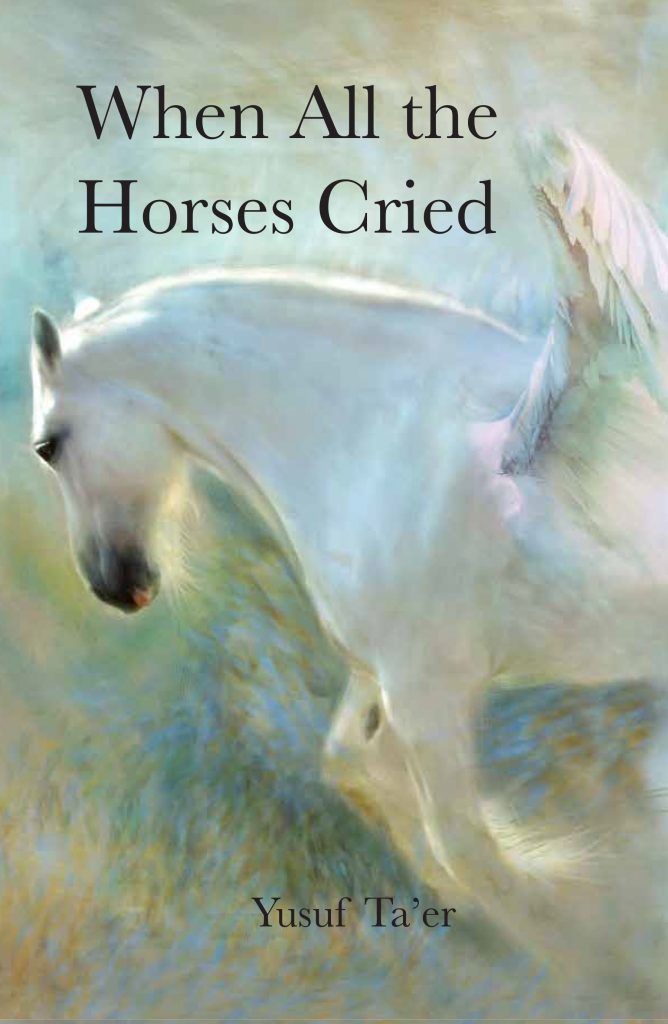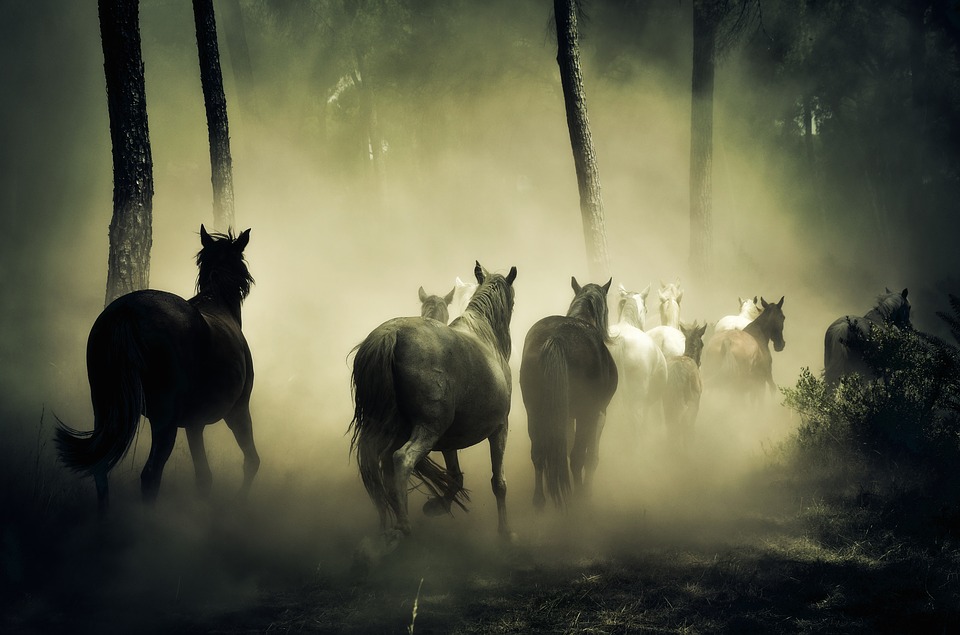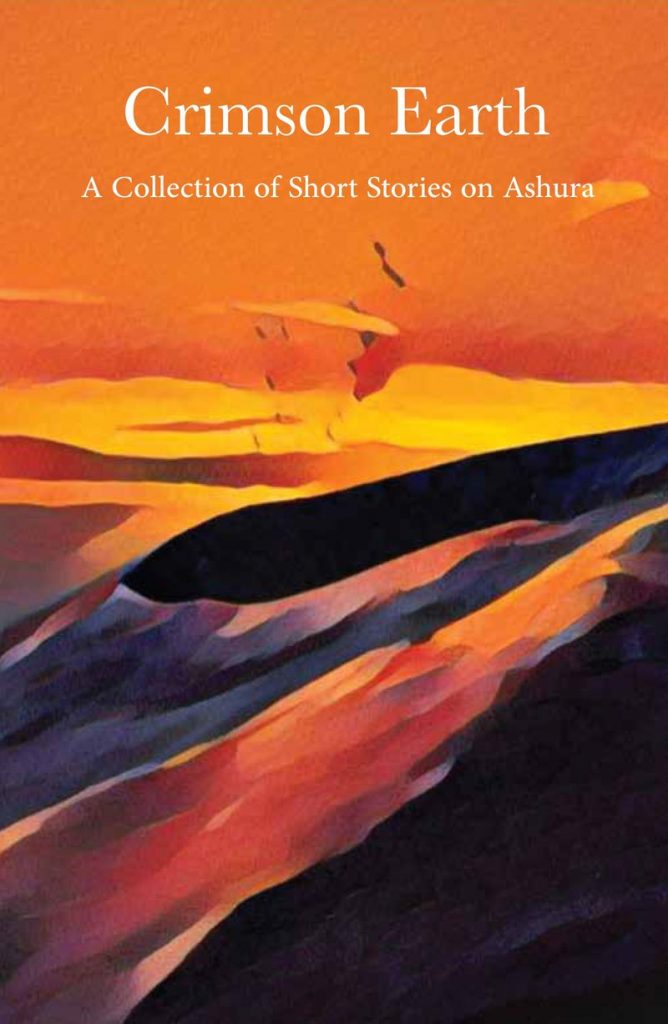Immersive Learning: The Art & Imaginative Storytelling on the Philosophy of Imam Hussain and Ashura
What is the philosophy of Imam Hussain and Ashura? How is it possible to convey the deep principles of Imam Hussain’s stand in cultural and educational output? The presentation and philosophical incorporation of Islamic values is critical to the conveyance of the meaning and message of Islam and Imam Hussain to broad public audiences and to showcasing the diverse arenas of Islamic civilization for greater mutual understanding. Our researchers working at the Project on Shi’ism and Global Affairs have spent nearly two years developing, designing, and writing educational narratives enriched by the core philosophy of Ashura. Some of their writings form a central component of this workshop as case studies to learn, engage, and think about both the meaning of Ashura and the manner of highlighting its philosophy to broad audiences as a form of public education.
A philosophically rich short story imbued with Islamic thought and mystical values, Burning Every Day tells the story of the Sun as she seeks to understand the truth of Ashura and the meaning of the martyrdom of Imam Hussain at Karbala. Follow the Sun’s journey as she finds a unique guide and mystical companions who teach her about the meaning of life and help her understand how the sacrifice of Imam Hussain serves as an eternal light and moral lesson for people throughout time. The spiritually engaging content of the short story together with the simple prose and captivating narration – brought to life through beautiful hand-drawn illustrations – makes Burning Every Day an endearing and educational work of literature suitable for people of all ages who seek the deeper meaning of their faith.
The story was selected and presented at Harvard University prior to publication.
The Farthest Lote Tree Foundation is proud to announce the launch of a physical, paperback edition of Burning Every Day by Yusuf Ta’er. View the beautiful illustrations draw by Huda Hussein alongside its captivating story on the everlasting message of Ashura and the sacrifice of Imam Hussain, fit for all ages.
Get your copy: Burning Every Day, the #1 New Release in Explore Middle East Books on Amazon.

Such multimedia output is significant whether thinking about materials for youth education (including Sunday schools) as well as curriculum for high school and college courses. Conveying the philosophy of Ashura is important in both Muslim and non-Muslim settings. Whether to deepen the meaning behind ritual practices or raise greater public awareness, these materials can serve as a means of discussion and engagement for individuals of any background wishing to study and understand the life of Imam Hussain and approach public education on Islam for diverse audiences in a multicultural context.

These stories have been published in paperback and as Ebooks by Farthest Lote Tree Publications, a part of The Farthest Lote Tree Foundation. The Farthest Lote Tree Foundation is an American-Muslim civic and educational organization exploring the reimagination of Islamic thought and culture for audiences in multicultural environments. For further discussion of the philosophy of reimagining Islamic education on Ashura, please read the philosophy statement here.
What is the philosophy of Ashura? How does Imam Hussain teach us how to pray? Follow the story of two young horses, Foad and Noor, as they discover the meaning of Muharram through the wise words of their grandfather, Zuljanah. Travel on the life journey of the noble horse of Imam Hussain as Zuljanah takes you through his experience of accompanying the Imam throughout his life, including his journey from Mecca to Karbala – always being at the Imam’s side. This beautifully written short story focuses on the spiritual awakening of the heart. It is a resonating work of literature that conveys the depth of Islamic philosophy and the principled values of the Imam to broad audiences interested in acquiring meaningful insights on the path of life.
The story was specially selected and presented at Harvard University prior to publication.
The Farthest Lote Tree Foundation is proud to announce the launch of a physical, paperback edition of When All the Horses Cried by Yusuf Ta’er. Listen alongside Zuljanah’s grandchildren as he narrates on his story with the grandson of the Prophet.
Get your copy: When All the Horses Cried

Ebooks for all four of these books by the Farthest Lote Tree Foundation are available not only on on Amazon but also other electronic book stores! To purchase, please see the instructions below:
- Make sure you use your desktop or laptop computer to make the purchase (not the Amazon phone app).
- Once on the Ebook page, choose to download to “Kindle cloud reader” and purchase the item.
- Your Ebook is now ready to view in your Kindle cloud reader on your computer.
- If you would like to read the Ebook on your phone, tablet, or Fire devices, download the free Kindle app. Since you purchased the Ebook on your computer, it should now be viewable on all your devices – no separate purchases required.
If you have any questions or encounter any difficulties, please email us at admin@farthestlotetree.com.
Two Required Readings for the Ashura Workshop: Burning Every Day and When All the Horses Cried
After having read the story above, read the Guidebook on Burning Every Day for greater reflection and explanation on the text in order to deepen knowledge on the philosophy of Ashura.
There is also a children’s version of the Guidebook on Burning Every Day available here with learning activities for kids.
Burning Every Day has also been translated into the following languages and available to read:
- Spanish (Ardiendo todos los días, translated by Parwana Khazi and Víctor Solano Urrutia).
- Persian (هر روز می سوزم و می افروزم, translated by Mohsen Baghaee).
You can also find the Spanish Guidebook here.
There is also a Spanish children’s version of the Guidebook on Burning Every Day available here with learning activities for kids.
English audiobook coming soon.

2. Yusuf Ta’er, When All the Horses Cried (Del Mar, CA: Farthest Lote Tree Publications, 2022).
After having read the story above, read the Guidebook on When All the Horses Cried for greater reflection and explanation on the text in terms of the philosophy of Ashura.
When All the Horses Cried has also been translated into the following languages:

Announcing a new book from the Farthest Lote Tree Foundation, Crimson Earth: A Short Story Collection on Ashura! Featuring writers from across the globe and stories across the genre, these people and topics are all tied together by the legacy of Ashura. For a diverse array of literary genres as part of a special collection of short stories on Ashura, see Crimson Earth. These stories range from narratives about love, loss, and tragedy aimed for adult and older audiences, to stories written through the eyes of children contemplating youth involvement on Ashura.
Travel across the ages with Lady Zaynab as she meets with various divine prophets and noble angels in a quest to explain the meaning of Ashura and her timeless statement on Imam Hussein’s sacrifice: “I only saw Beauty!” Witness a young bird struggle to take flight after she gets lost in the forest, encountering dangers and finding new friends who can help her on her journey home–revealing their companionship to the Imam. Crimson Earth, a collection of seven short stories, deals with the theme of Ashura and the mourning for Imam Hussain written by diverse authors. These stories range from narratives about love, loss, and tragedy aimed for adult and older audiences, to stories written through the eyes of children contemplating youth involvement on Ashura.
The stories were specially selected and presented at Harvard University prior to publication. Three of the stories were contestant winners at the Ahlul Bayt Collective 2021 short story call: “A Eternity in a Day,” “Love and Sorrow,” and “I Saw Nothing but Beauty.”
Get your copy: Crimson Earth

Announcing a new book from the Farthest Lote Tree Foundation, The Spiral Clouds! Written by Musafir Zaman, The Spiral Clouds brings the inspiration of Ashura into a science fiction setting with a world in the midst of a revolution.
The dark empire of Nardeban reigns supreme across the land, far into the future. It is an era of repression and terror, with the Cities of Nardeban divided into five vertical levels, with the poor and destitute taking up the polluted and toxic under levels while the wealthy and glamorous live lives of luxury at the top. Only one group stands in their way. The Insurgency, a rebel organization that spawned from the lower levels, threatens to overthrow the tyrannical regime.
The Spiral Clouds series is a five-part science fiction story following the story of this rebellion and its inheritance from the legacy of Imam Hussein and Ashura. It centers on spirituality and the larger purpose behind those who seek to thwart injustice. Enter the world of Nardeban and open the doors of your heart’s imagination to take part in a tale inspired by the sacrifice of Hussein and his message which defies time and space, racing far into the future and far across the stars.
Get your copy: The Spiral Clouds
Ashura and Science Fiction?
How can the philosophy of Imam Hussain and the meaning of Ashura be portrayed in genres such as science fiction? To find out, read the science fiction novel, The Spiral Clouds, by Musafir Zaman, which explores the theme of Ashura through the literary form of science fiction.
What is science fiction? Is it possible to create Islamic science fiction? Science fiction as a literary genre has been historically closely linked with colonialism. What are the driving factors behind this relationship? If you are interested in exploring these topics and participating in greater discussions of the philosophy of Islam and Western literature and entertainment, please provide your email here to receive updates about private workshops that focus on these salient questions:
Sign-Up: Philosophy of Islam, Western Literature, and Entertainment Workshop.
For a diverse array of literary genres as part of a special collection of short stories on Ashura, see Crimson Earth. These stories range from narratives about love, loss, and tragedy aimed for adult and older audiences, to stories written through the eyes of children contemplating youth involvement on Ashura.
